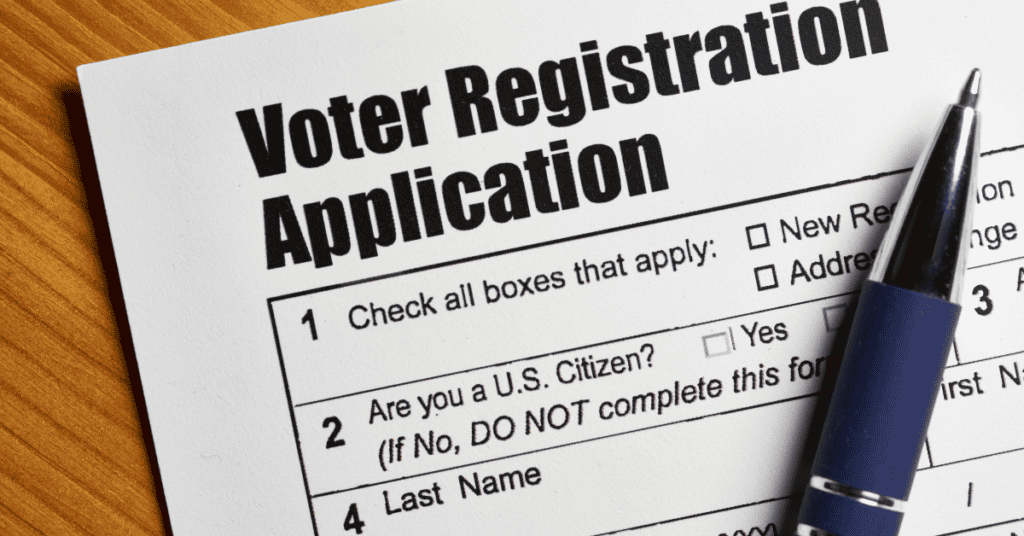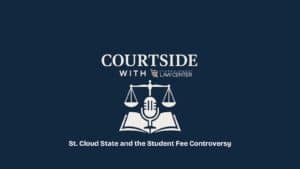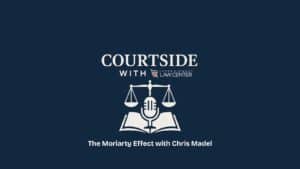Supreme Court precedent in Shelby County v. Holder orders that Congress cannot indiscriminately treat states differently.
The Public Interest Legal Foundation (PILF) with Upper Midwest Law Center as local counsel, filed a federal lawsuit against Minnesota Secretary of State, Steve Simon to have the state’s exemption from the National Voter Registration Act’s (NVRA) Public Disclosure Provision declared invalid. The complaint alleges that Minnesota’s exemption violates the principle of equal state sovereignty.
If applied, the NVRA would require Minnesota to make its voter roll available to the public at a reasonable cost regardless of the requestor’s residency. Minnesota law currently prohibits out-of-state residents or organizations from purchasing the voter roll.
History of the NVRA
In 1993, Congress passed the National Voter Registration Act, which requires states to “make available for public inspection and, where available photocopying at a reasonable cost, all records concerning the implementation of programs and activities conducted for the purpose of ensuring the accuracy and currency of official lists of eligible voters.”
Congress’s intent behind the NVRA’s Public Disclosure Provision was to ensure the public can evaluate a state’s voter list maintenance activities and to allow the public to enjoy a transparent electoral process.
Congress gave Minnesota, Wisconsin, New Hampshire, Idaho, North Dakota, Maine, and Wyoming special exemptions from the NVRA because these states offered same-day voter registration or did not require voter registration. Maine lost its exemption when it briefly discontinued same-day voter registration.
The NVRA’s Transparency Exemption Violates the Principle of Equal State Sovereignty
Minnesota’s exemption violates the principle of equal state sovereignty because it treats Minnesota and five other states differently than the other states.
In the Supreme Court case Shelby County v. Holder, the Court reaffirmed that all states enjoy equal sovereignty and that if Congress treats states differently, the differential treatment must be “sufficiently related to the problem [the statute] targets” and must “make sense in light of current conditions.”
Minnesota’s exemption from the Public Disclosure Provision did not make sense when the NVRA was passed in 1993 or now under “current conditions” because:
Minnesota routinely grants and removes voting rights through registration and voter list maintenance. Congress’s goal of making this process transparent applies equally in Minnesota.
Minnesota, along with 19 other states and the District of Columbia offers same-day voter registration. Yet, 13 of these states and the District of Columbia are subject to the NVRA’s transparency requirements while Minnesota and five other states are not.
Minnesota offering same-day voter registration does not exclude it from Congress’s intent to bring transparency to elections. “No state should be exempt from transparency,” said PILF President, J. Christian Adams. “All states should be treated equally under the law and no exemption should allow certain election officials to hide documents relating to voter list maintenance activities. This lawsuit is the first step to bringing the National Voter Registration Act’s transparency requirements to all 50 states.”
The attorneys for the Foundation in this case are Noel Johnson and Kaylan Phillips. Local Counsel is James Dickey of the Upper Midwest Law Center.
Additionally, the Foundation filed a similar federal lawsuit challenging Wisconsin’s exemption from the NVRA’s Disclosure Provision.
The case filings and documents in Public Interest Legal Foundation v. Steve Simon can be found here. A factsheet on the case is available here.




